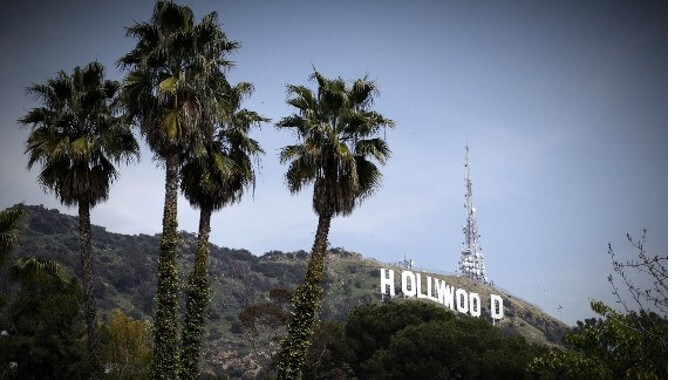Katya Apekina’s ‘Mother Doll’ Is an L.A. Novel Where the Dead Get to Speak
Apekina leans into the absurd sides of reality—a magicians-only club, pet psychics, Rasputin—as her protagonist navigates an unexpected pregnancy, a disintegrating relationship, and an aging grandmother.
Photo: Shutterstock BooksEntertainment
Katya Apekina and I are standing on 13th Street in downtown Kansas City, Missouri, outside of the convention center where we’ve both come to attend the Association of Writers and Writing Programs Conference. The wind is blowing so hard, it stings our faces, and we’re surrounded—inside and outside of the brutalist-looking compound of the convention center—by thousands of other writers. To get away from the crowd, we walk to a restaurant with enormous windows, where we sit and talk about psychics, success, our ancestors, and a situation involving false eyelashes. “I came home from a photoshoot wearing this huge pair of false eyelashes, which I’ve never worn before, and my daughter was immediately like, what is wrong with your face?” Apekina’s fiction often articulates a similar camaraderie between parents and children—the tender insults that happen between people who love each other. An Apekina novel also always features a redistribution of power; young women asserting themselves over the misogynistic kingdom of their lives. Both in her first novel, The Deeper the Water, the Uglier the Fish (a finalist for the Los Angeles Times Book Prize) and her new novel, Mother Doll, daughters reach back into their parents’ and grandparents’ history to see what they might discover, to ask a question we all ask at some point: What made me this way?
Mother Doll is the story of a first-generation immigrant, Zhenia, who finds herself suddenly dealing with an unexpected pregnancy, a disintegrating relationship, and an aging grandmother. But Zhenia tries to avoid these problems, and instead focuses on a surprise fourth thing: a phone call from a stranger who claims to bring a message from the other side. The novel reads like a long, haunted episode of Finding Your Roots, where the dead get to speak. I came away from this novel thinking about my own grandmothers, and wondering how the lives they lived before I was born made my life what it is.
I asked Katya about a moment in Mother Doll, where Zhenia, an aspiring actress, casually lies to a random stranger, saying, “I’m a geneticist. The only thing that can save us from replicating the bodies, thoughts, and patterns of our ancestors is a mutation, an act of grace. We can wait for nature to do this, or we can make it happen ourselves.” I want to know if Katya believes this:
Your book had me thinking about how helpless I’ve sometimes felt as a parent, especially when my son was little. So much of who we are as parents is determined by the way we were parented. Do you think about how your ancestors have affected you, and your own daughter?
I think about my grandparents living through the war, living in the Soviet Union under a totalitarian government, if the traumas they went through altered their DNA, it surely affected the way they parented my parents who then parented me. And there’s a culture in my family of moving forward as a way of survival. But things don’t just disappear, it’s all still there, even if you don’t know what the source of it is. I think about it a lot with my daughter. So much of what children absorb isn’t what you’re teaching them, but what they see in you.
Since your book is so focused on ancestry, I’m curious about your literary ancestors. What books made your book possible?
The Master and Margarita by Mikhail Bulgakov about how the devil and his entourage descend on the Soviet Union and frolic, but it’s also the story of a writer in a mental hospital and his burned manuscript about Pontius Pilate. I read it so many times growing up. There’s magic and chaos and multiple storylines. In the sixth grade, I got my friends to put on a play of it. We made costumes out of trash bags. As for contemporary writers writing about parenthood, I love Rachel Cusk.
Rasputin is in the book, which is very brave and very Russian. What made you decide to do that?
He was a party boy! He got around! He partied with a lot of people! I did get a note from someone early on that was like, “Are you sure you wanna include real historical figures?” I do think there’s a risk of it coming off as corny, but it cracked me up. And I wanted to capture that feeling, like when I lived in New York in my late teens and early 20s and I’d be at a party and there’d be someone famous there, and how exciting and, also usually humiliating, that felt.
-

-

-

-

-

-

-

-

-

-

-

-

-

-

-

-

-

-

-

-

-

-

-

-

-

-

-

-

-

-

-

-

-

-

-

-

-

-

-

-









































